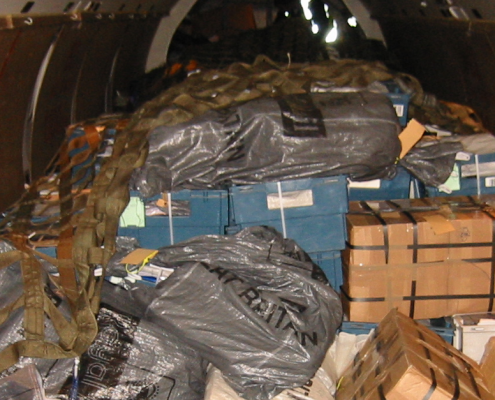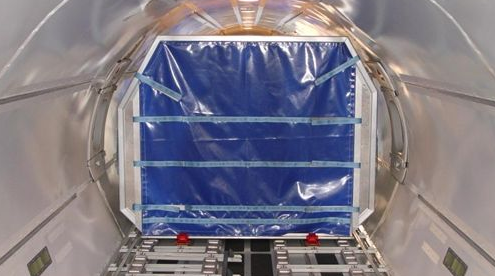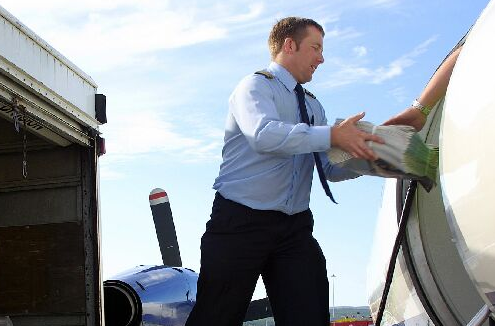The use of air transport for moving high value or perishable cargo has become critical to national, continental and global supply chains. Distributed production patterns, time-definite international transactions, just in time and low inventory practices have driven the development of sophisticated airfreight systems. Products such as electronics, pharmaceuticals, medical devices and sophisticated components account for the majority of international air cargo by value, but highly perishable goods that see a significant decrease in value with delay have become significant users of airfreight.
Air cargo operators provide guaranteed, fast, reliable, on demand, world-wide, door-to-door movement of shipments which are tracked and controlled throughout the journey. They are the “Business Class” of freight services and play a critical role in facilitating the success of other parts of the global economy, as companies increasingly demand rapid, guaranteed delivery.
They are increasingly important:
- To ensuring the continued competitiveness of companies, and so to winning export markets and encouraging investment, something which is likely to become even more important in future as the world economy becomes increasingly integrated.
- To providing good access to markets wherever they are based.
- To enable companies to maximise the efficiency of their operations – reducing production shutdowns and allowing the implementation of best international techniques such as build-to-order, while also allow companies to minimise their inventory costs.
One area where airfreight, particularly express freight, services are likely to be particularly critical to economic success is the knowledge-based sectors, such as pharmaceuticals / biotechnology, financial and business services, and research & development. These sectors are more-than-usually dependent on express services, reflecting the time-sensitive, high value products and services they provide.
A study in 2006[1] provides some useful statistics on the significance of air-freight at a global level. It states that air cargo accounts for 40% of the value of world trade. However, because it is predominantly involved in the movement of high value and low weight goods it accounts for less than 2% of world trade by weight.
Around 50% of air cargo is carried on passenger flights, accounting for just under 20% of the total passenger and cargo payload of those flights. The remainder is carried in dedicated freighters (or air cargo aircraft), operated either by Express Freight carriers such as DHL, FedEx and UPS, or mainstream carriers such CargoLux, Polar Air Cargo. A number of network carriers also fly dedicated freighters in addition to taking cargo on their passenger services including Emirates, Lufthansa, Cathay Pacific and BA.
A large percentage of airfreight market is for long-distance services, typically inter-continental, although there is some spoke feed from intra-continental feed from smaller originating markets to major hub airports, which act as the principal nodes in the global air cargo network. Even then, most cargo that is fed to the long-haul freighter flights at major hub airports is carried by truck, although different carriers have different business models.
———————————–
[1] Impact of Air Cargo on the Global Economy: Kasarda et al – 2006





